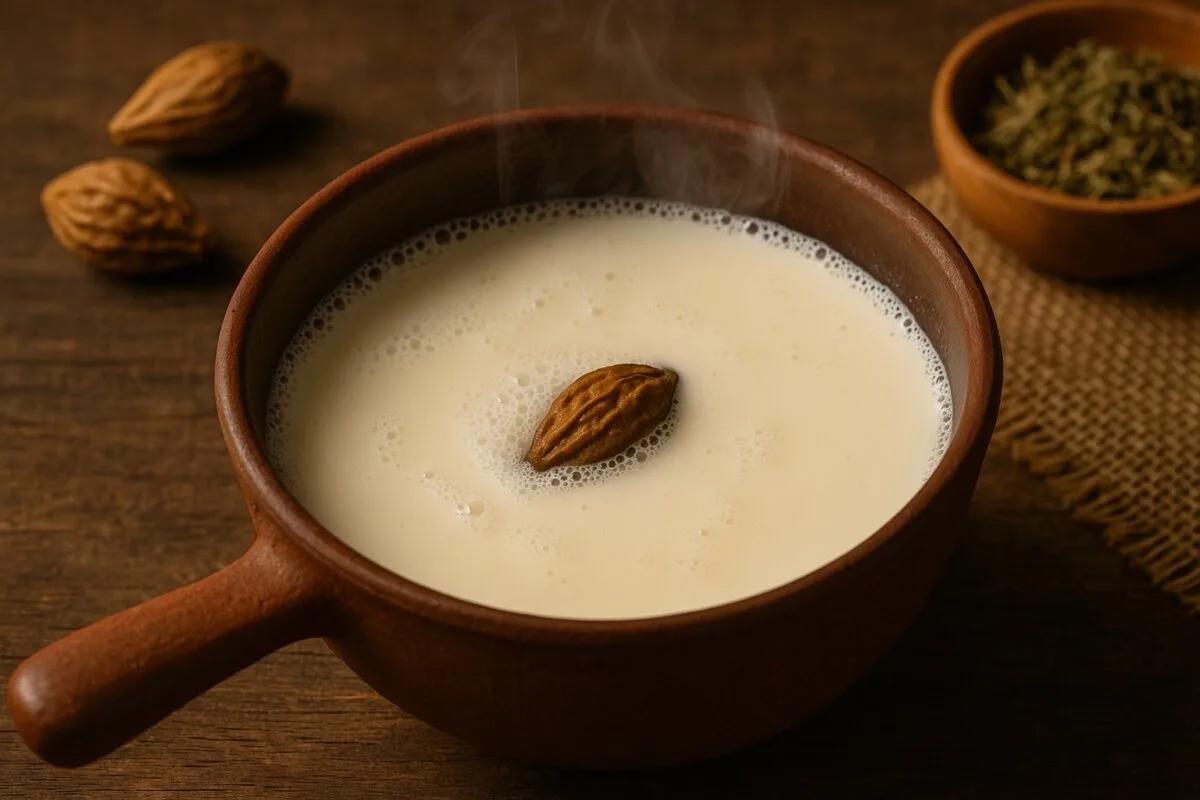Ayurvedic Treatment for Gallstones: Effective Natural Cure
Understanding Gallstones in Ayurveda
Gallstones, known in Sanskrit as “Pittáshmarii” (pittá = bile, áshma = stone), are solid deposits that form in the gallbladder due to excessive bile impurities. In layman’s terms, the condition is often referred to as “Pittápáthurii”, with “páthar” meaning stone.
This condition is often seen in those with a sedentary lifestyle and a rich diet, especially among affluent individuals and housewives, as per traditional observations.
Common Symptoms of Gallstones
Symptoms may vary from mild to severe, depending on the stage of the disease. Some common signs include:
- Sharp pain on the right side of the abdomen, especially after eating
- Nausea and vomiting after meals
- Temporary relief after vomiting
- Loss of appetite in chronic cases
- Weakness or fatigue
These symptoms are usually more prominent when the stones block the bile ducts.
Root Causes of Gallstone Formation
In Ayurveda, gallstones are linked to the dysfunction of the liver, which plays a crucial role in:
- Secreting bile
- Purifying blood
- Transforming chyle into blood
When excess impurities and acidic substances are present in the bloodstream and chyle, they are excreted into the gallbladder via bile. Over time, these impurities crystallize, forming stones of various shapes and sizes.
Initially, the body may expel small stones naturally, but chronic cases result in larger stones that cannot be removed easily. This leads to severe pain and can be life-threatening if left untreated.
Ayurvedic Treatment for Gallstones
Yoga and Mudra Practice
Incorporate the following yoga practices for natural relief and bile regulation:
Morning Routine:
- Utkśepa Mudrá
- Yoga Mudrá
- Diirgha Pránáma
- Padahastásana
- Násápána
- Ágneyii Mudrá or Ágneyii Pránáyáma
Evening Routine:
- Agnisára Mudrá
- Karmásana
- Sarváuṋgásana
These help in enhancing liver function and easing bile flow.
Ayurvedic Diet Plan for Gallstones
Foods to Avoid:
- Non-vegetarian items
- Fried foods and ghee
- Spicy or oily food
- Alcohol and intoxicants
- Constipation-inducing foods
Foods to Include:
- Plenty of water (4–5 liters daily)
- Fresh fruit juices
- Lemon water
- Alkaline foods
Fasting Recommendation:
Fast on Ekádashii, Amávasya, and Púrńimá with lemon water. Avoid dry fasting. On severe days, take only lemon-water.
Dos and Don’ts for Gallstone Patients
Do:
- Maintain regular physical activity
- Prioritize liver-friendly, alkaline foods
- Include lemons in the daily diet (both as food and medicine)
Don’t:
- Skip hydration
- Indulge in rich or oily food
- Lead a sedentary lifestyle
Natural Ayurvedic Remedies for Gallstones
Remedy 1:
Boil one myrobalan (Haritaki) seed in cow’s milk, discard the seed, and drink the milk warm on an empty stomach.
Remedy 2:
Take equal parts of:
- Myrobalan (Haritaki)
- Muthá (Cyperus rotundus)
- Lodhá (Symplocos racemosa)
- Banyan fruit
Extract the juice and take two tolas (approx. 24 grams) every morning on an empty stomach.
💡 Note: This remedy also shows benefits in managing early-stage diabetes.
Final Thoughts
Gallstones are a serious yet manageable condition when addressed with the right Ayurvedic principles, dietary discipline, and lifestyle modifications. By restoring liver function and balancing bodily impurities, natural treatments can help dissolve stones and prevent recurrence without surgery.
Find safe Ayurvedic treatment for acidity that soothes stomach discomfort naturally.
Find effective home remedies for kidney stones explained in detail here.
Frequently Asked Questions:-
Q1. What are gall bladder stones?
Ans: Gall bladder stones (gallstones) are hardened deposits of bile salts, cholesterol, or waste products that form inside the gallbladder.
Q2. What are the symptoms of gall bladder stones?
Ans: Common symptoms include abdominal pain (especially in the right upper abdomen), nausea, vomiting, bloating, indigestion, and sometimes jaundice if the bile duct is blocked.
Q3. What causes gall bladder stones according to Ayurveda?
Ans: In Ayurveda, gallstones are linked to an imbalance of Pitta dosha, improper digestion (Agni disturbance), excess fatty food intake, and accumulation of toxins (Ama) in the body.
Q4. Can Ayurveda dissolve gall bladder stones naturally?
Ans : Yes. Certain Ayurvedic herbs and formulations may help reduce stone size, ease bile flow, and prevent recurrence. However, large or complicated stones may need medical or surgical attention.
Q5. Can diet help prevent gall bladder stones?
Ans: Yes. A diet rich in fiber, fresh fruits, vegetables, whole grains, and low in refined carbs, fats, and processed foods helps reduce the risk of gallstones.
Q6. Is surgery always necessary for gall bladder stones?
Ans: Not always. Small stones and mild cases may be managed with Ayurvedic remedies, diet, and lifestyle changes. But recurrent pain, infection, or large stones may require surgical removal.
Trusted External Resources
For more information on Ayurveda, yoga, and natural wellness, explore these authoritative resources:
